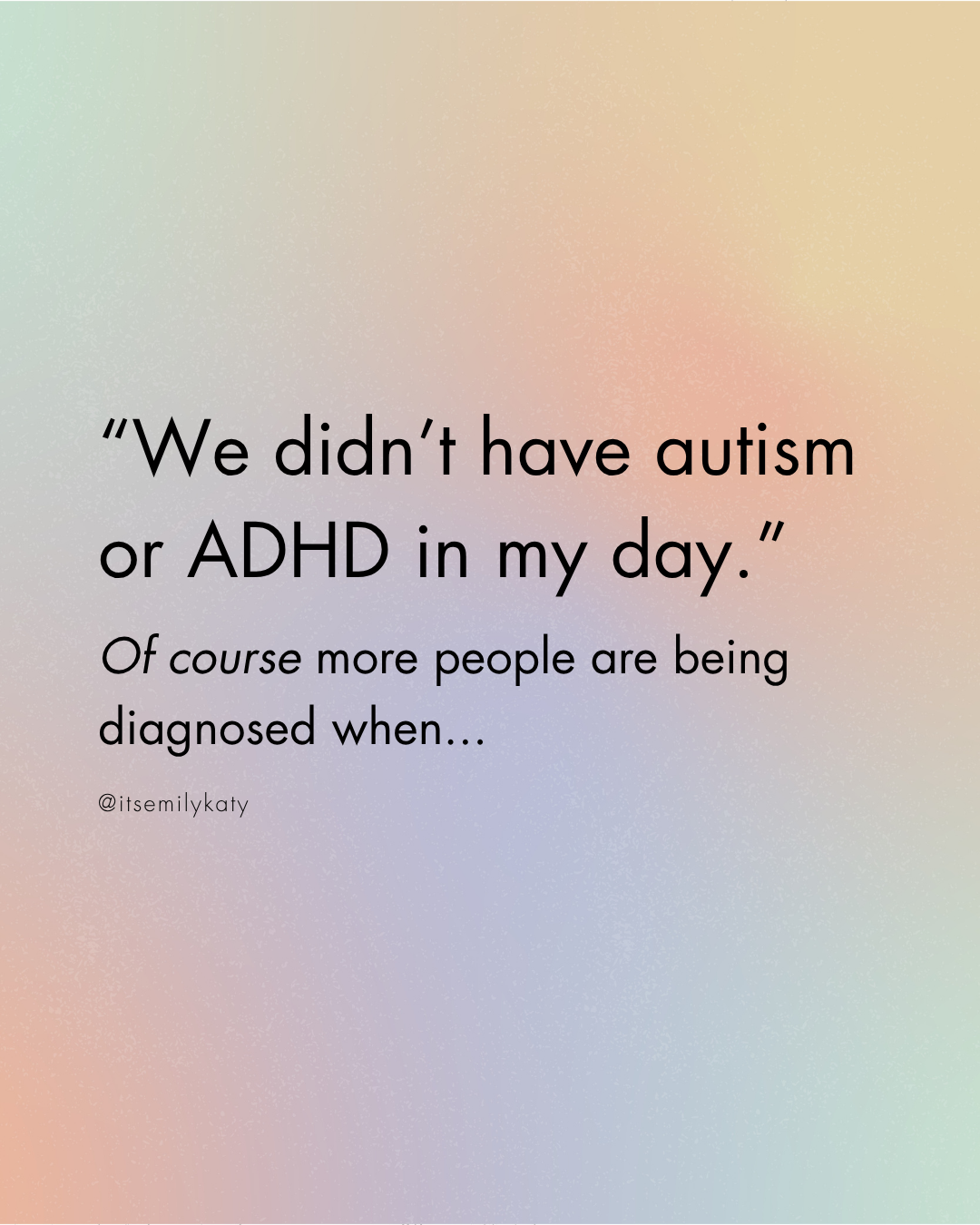
In today’s workplace, mental health isn’t just a wellbeing issue—it’s a legal, financial, and cultural imperative. Yet many employers remain underprepared to support staff with mental health conditions, leading to a surge in disability discrimination claims and a growing risk of litigation.
📈 The Legal Landscape Is Shifting—Fast
Recent data shows a 41% rise in disability discrimination cases in the UK, with mental health disputes at the forefront. In 2024–25 alone, 11,958 cases were referred to Acas following tribunal claims, up from 8,496 the previous year. Mental health, stress, and menopause-related conditions are increasingly recognised as disabilities under the Equality Act 2010, which defines disability as a physical or mental impairment with a substantial and long-term adverse effect on daily activities.
This shift means that employers who fail to accommodate mental health needs—whether through ignorance or inertia—are increasingly vulnerable to legal action.
⚠️ The Hidden Costs of Poor Practice
Discrimination claims aren’t just about compensation—they reflect deeper organisational failures:
- Lost productivity due to unmanaged stress and burnout.
- High turnover when employees feel unsupported.
- Reputational damage from tribunal exposure.
- Managerial strain when leaders lack the tools to respond appropriately.
As Joanna Sutton, a lawyer at Nockolds, notes: “The result is a growing risk of litigation, not necessarily due to malice but due to ignorance or procedural inertia”.
🛠️ Training Is Not a Luxury—It’s Risk Management
Mental health training equips managers and teams to:
- Spot early signs of distress.
- Make reasonable adjustments.
- Navigate sensitive conversations with confidence.
- Build a culture of psychological safety.
Organisations like Mind Matters tailored training—virtual classroom and in-person—to suit different workplace needs. These programmes don’t just tick compliance boxes; they foster empathy, resilience, and retention.
💡 The Business Case for Compassion
Investing in mental health training isn’t just about avoiding claims—it’s about unlocking potential. Employees who feel seen and supported are more engaged, loyal, and productive. And in a competitive talent market, a reputation for genuine wellbeing support is a powerful differentiator.
🧩 Final Thought: Prevention Is Cheaper Than Cure
Employers can no longer afford to treat mental health as an afterthought. The rise in claims is a warning sign—and training is the antidote. It’s time to move from reactive to proactive, from risk to resilience.










